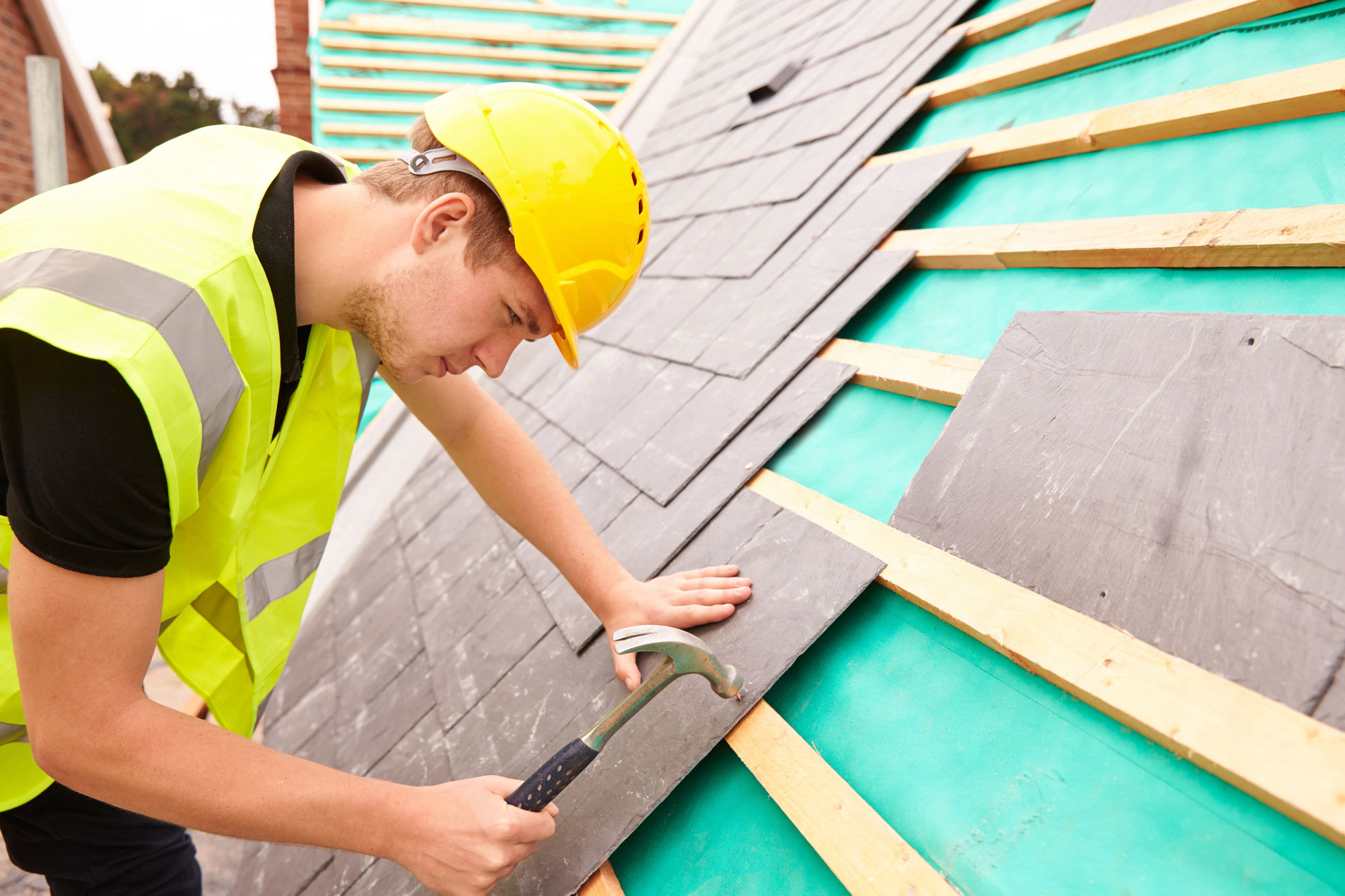All About Roofing
When it comes to protecting your home, roofing plays a crucial role. Understanding different roofing options can help homeowners make informed decisions about their roofing needs. Ohio Roofing Supply provides expert insights into various types of roofing materials, their benefits, and maintenance tips to ensure your roof remains in top condition.
Understanding Different Types of Roofing
Asphalt Shingles Roofing
Asphalt shingles are one of the most popular roofing materials due to their durability and cost-effectiveness. They are easy to install and come in a variety of colors and styles, making them a versatile choice for many homeowners. Asphalt shingles also provide good protection against the elements, making them a reliable option for residential roofing.
Tile Roofing
Tile roofing provides a classic and timeless appearance. It is highly durable and can withstand harsh weather conditions, including heavy rain and strong winds. Tile roofs require minimal maintenance but should be inspected regularly to ensure there are no cracked or broken tiles. The weight of tile roofing also adds to the structural integrity of the building.
Metal Roofing
Metal roofing is known for its longevity and energy efficiency. It is resistant to extreme weather conditions and can last up to 50 years or more with proper maintenance. Metal roofs are also environmentally friendly as they can be recycled at the end of their lifespan. Additionally, metal roofing can enhance the aesthetic appeal of a home, offering a modern and sleek look.
Wood Shingles and Shakes Roofing
Wood shingles and shakes offer a natural and rustic look to homes. They are environmentally friendly and can provide good insulation. However, wood roofing requires regular maintenance to prevent issues such as rot, mold, and insect damage. With proper care, wood shingles and shakes can have a long lifespan and enhance the beauty of a home.
Choosing the Right Roofing Material for Your Home
Climate Considerations
Selecting the appropriate roofing material involves considering the climate in which you live. Different materials perform better in specific weather conditions. For example, metal roofing is excellent for areas prone to extreme weather, while tile roofing is ideal for hot climates due to its natural heat resistance.
Budget and Longevity
Budget plays a significant role in choosing roofing materials. While some options may have a higher upfront cost, they can offer long-term savings due to their durability and low maintenance needs. Asphalt shingles are affordable and offer good value, whereas metal and tile roofing, though more expensive, provide extended lifespans and reduced repair costs over time.
Aesthetic Preferences
Homeowners should also consider their aesthetic preferences when selecting roofing materials. The roofing material should complement the overall design of the home. Asphalt shingles offer a wide range of colors and styles, metal roofing provides a modern look, and tile roofing delivers a classic appearance. Wood shingles and shakes offer a rustic charm that can enhance the beauty of traditional and contemporary homes alike.

Benefits of Professional Roofing Installation
Expertise and Experience
Professional roofing installation ensures that the job is done correctly and safely. Experienced roofers have the skills and knowledge to handle various roofing materials and understand local building codes, ensuring compliance with regulations.
Quality Materials
Professional roofing companies have access to high-quality materials that may not be available to the general public. Using premium materials enhances the durability and longevity of the roof, providing better protection for the home.
Warranty and Guarantees
Hiring a professional roofing contractor often comes with the benefit of warranties and guarantees. These warranties cover both materials and workmanship, giving homeowners peace of mind and protecting their investment.
Roofing Maintenance Tips
Regular Inspections
Regular roof inspections are essential to maintain the integrity of the roofing system. Homeowners should schedule inspections at least twice a year and after significant weather events. Inspections help identify potential issues early, preventing costly repairs in the future.
Cleaning and Debris Removal
Keeping the roof clean and free from debris is crucial for its longevity. Leaves, branches, and other debris can trap moisture, leading to rot and other damage. Safe cleaning methods, such as using a leaf blower or a soft-bristle broom, are recommended to avoid damaging the roofing material.
Repairing Minor Damages
Addressing minor damages promptly can prevent them from becoming major problems. Homeowners should look for common issues such as cracked or missing shingles, damaged flashing, and clogged gutters. While some minor repairs can be done by homeowners, it is often best to hire a professional to ensure the repairs are done correctly.
Common Roofing Problems and Solutions

Leaks and Water Damage
Leaks are a common roofing problem that can lead to significant water damage if not addressed promptly. Common causes of leaks include damaged shingles, cracked flashing, and clogged gutters. Preventative measures such as regular inspections and maintenance can help prevent leaks.
Roof Ventilation Issues
Proper roof ventilation is essential to prevent moisture buildup and extend the life of the roof. Poor ventilation can lead to issues such as mold growth and increased energy costs. Solutions for poor ventilation include installing additional vents and ensuring existing vents are not blocked.
Storm Damage
Storms can cause significant damage to roofing systems, including missing shingles, broken tiles, and damaged flashing. After a storm, it is important to assess the damage and make necessary repairs. Emergency repair options include tarping the roof to prevent further damage and contacting a professional roofer for a thorough assessment and repair.
Cost of Roofing Services
Factors Influencing Costs
Several factors influence the cost of roofing services, including the type of roofing material, the size and complexity of the roof, labor charges, and any additional services such as removing old roofing or repairing underlying structures.
Getting a Quote
To get an accurate quote, homeowners should request estimates from multiple roofing contractors. The quote should include a detailed breakdown of costs, including materials, labor, and any additional charges. Homeowners should also inquire about the timeline for the project and any warranties offered.

Choosing the Right Roofing Contractor

Credentials and Certifications
When choosing a roofing contractor, it is important to verify their credentials and certifications. Proper licensing and insurance ensure that the contractor is qualified and protects homeowners in case of accidents or damages.
Customer Reviews and Testimonials
Reading customer reviews and testimonials can provide insights into the contractor’s reliability and quality of work. Homeowners should look for consistent positive feedback and any potential red flags.
Asking the Right Questions
Homeowners should ask potential contractors key questions to ensure they are a good fit for the project. Important questions include inquiries about their experience, the materials they use, their process for handling unexpected issues, and their communication methods.


